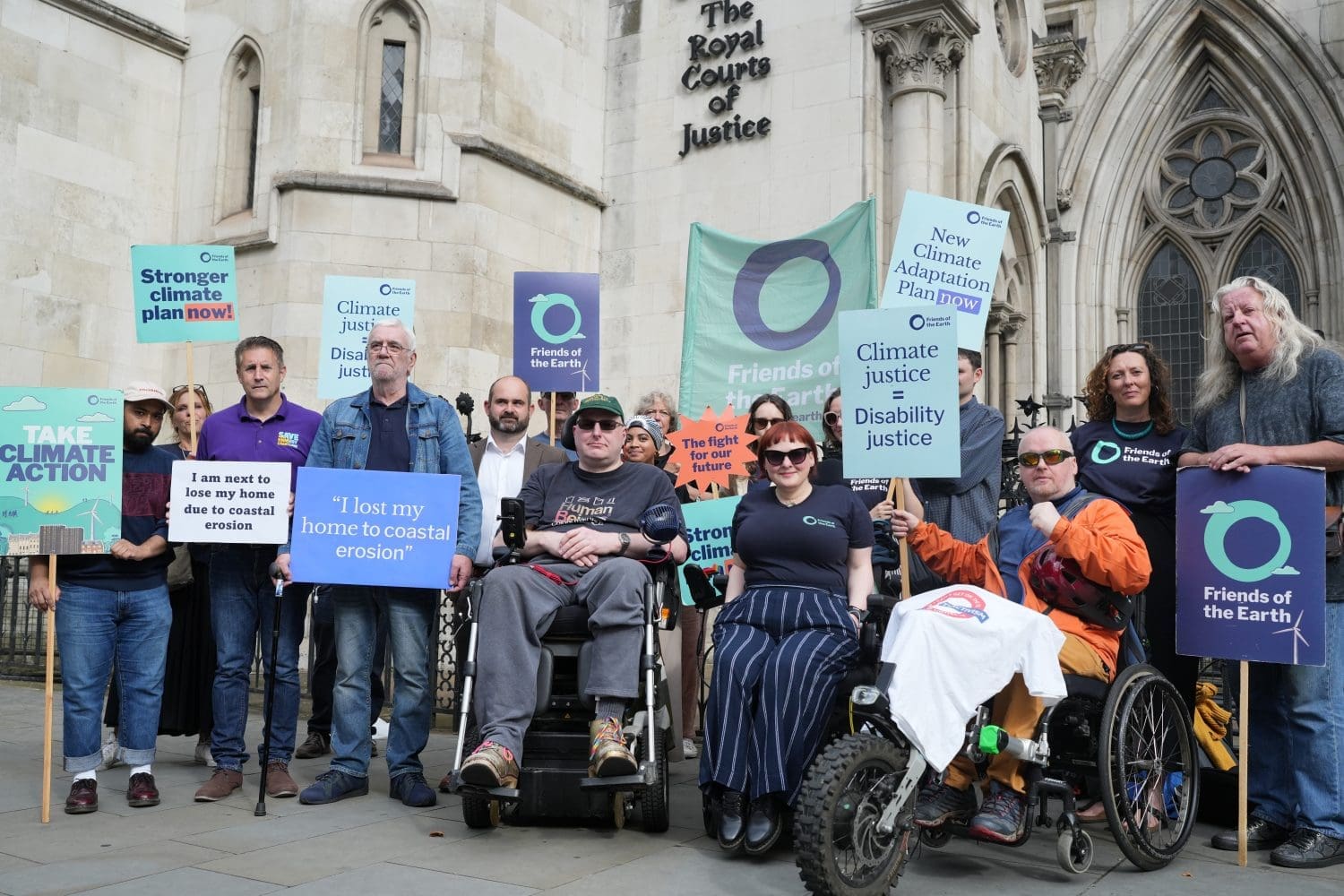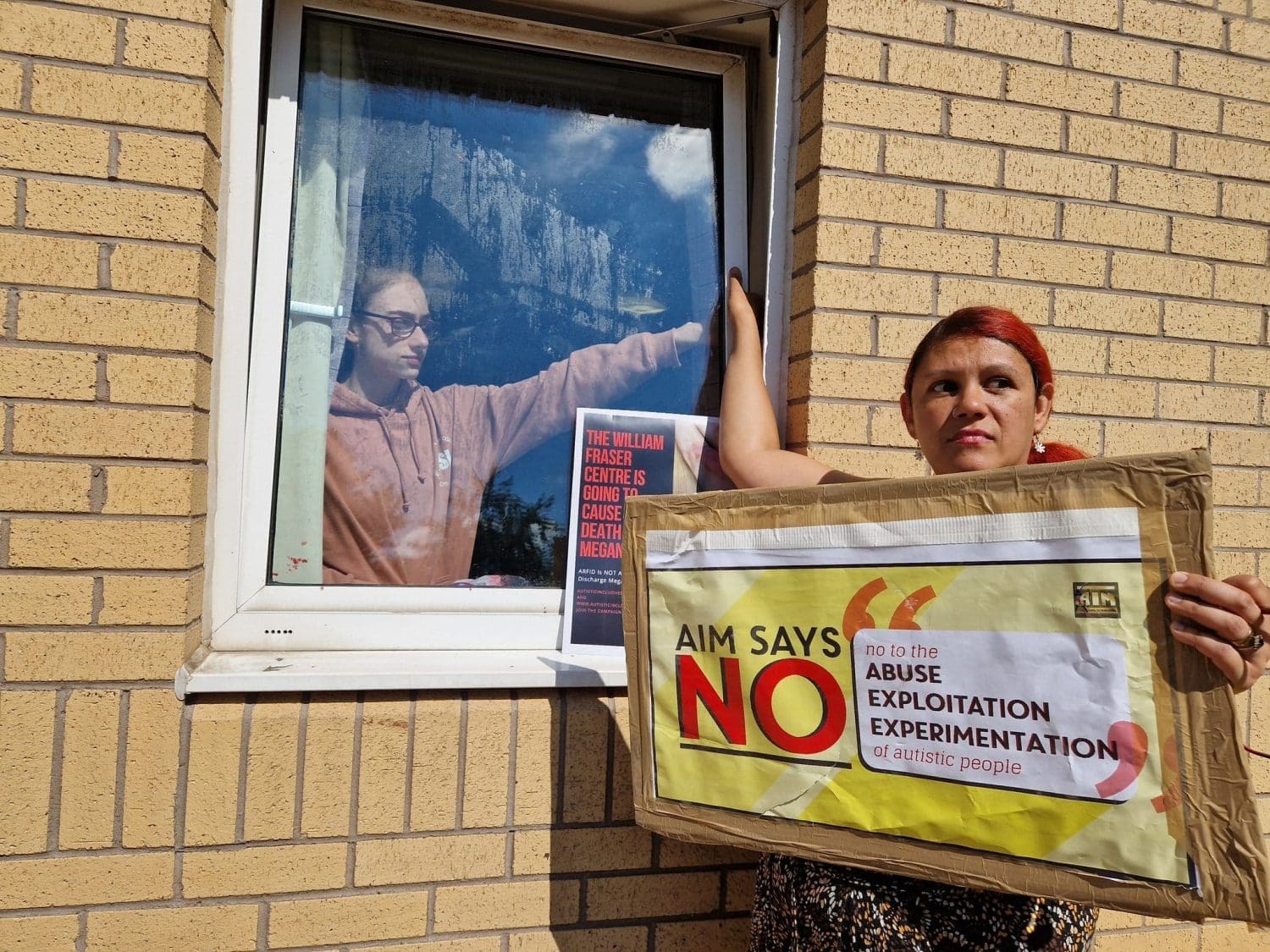August is Gastroparesis Awareness Month. However, two conditions gastroparesis is often found in are also often overlooked: EDS and ME/CFS.
Gastroparesis Awareness Month: what is it?
Gastroparesis is a disorder characterised by delayed gastric emptying without any mechanical obstruction. The stomach’s muscles and nerves fail to function properly, leading to improper grinding of food and delayed transit to the small intestine. Symptoms include nausea, vomiting, bloating, early satiety, and abdominal pain. The chronic nature of these symptoms can result in malnutrition, weight loss, and severe dehydration, necessitating medical intervention.
Several factors contribute to the development of gastroparesis, with the most common being damage to the vagus nerve, which controls the stomach muscles. This nerve damage can be caused by conditions such as diabetes, where prolonged high blood sugar levels harm the nerves throughout the body, including those in the stomach.
Another significant cause is post-surgical complications, particularly after surgeries involving the stomach or esophagus, where inadvertent nerve damage can occur. Certain viral infections have also been linked to the onset of gastroparesis, potentially leading to temporary or chronic impairment of stomach motility.
Medications, particularly those that slow down gut motility, such as narcotics or some antidepressants, can contribute to the development of gastroparesis. Additionally, underlying neurological disorders like Parkinson’s disease and multiple sclerosis, which affect the nervous system, can lead to this condition.
However, there is also a genetic, hereditary chronic illness in which gastroparesis is also a cluster syndrome.
The Ehlers-Danlos syndromes
The Ehlers-Danlos syndromes (EDS) encompass a group of connective tissue disorders characterised by, but not limited to:
- Joint hypermobility (but not always).
- Elasticity of the skin (but not always).
- Craniocervical and atlantoaxial instabilities.
- Postural orthostatic tachycardia syndrome (POTS).
- Mast cell activation syndrome (MCAS).
- Fatigue.
- Easy bruising and scarring.
- Subluxations and dislocation of joints.
- Cognitive impairment.
While the musculoskeletal manifestations of EDS are well-documented, its impact on the gastrointestinal system is frequently underestimated. One of the significant, yet often overlooked, gastrointestinal complications associated with EDS is gastroparesis, a condition that significantly affects the quality of life for those afflicted.
The link between EDS and gastroparesis stems from the fundamental nature of connective tissue dysfunction in EDS. The connective tissues, which provide structure and support to various organs, including the gastrointestinal tract, are abnormally formed in individuals with EDS. This abnormality can extend to the nerves and muscles of the stomach, impairing their function and leading to gastroparesis.
In EDS, the collagen and other components of connective tissue are defective, leading to increased laxity and fragility. When this defective connective tissue affects the autonomic nervous system—a part of the nervous system that controls involuntary actions such as the movements of the gastrointestinal tract—patients may experience dysautonomia. Dysautonomia, a common feature in EDS, can impair the vagus nerve’s ability to regulate stomach motility, directly contributing to gastroparesis.
Moreover, the muscular layer of the stomach may also be affected. The smooth muscles that facilitate the peristaltic movements required for gastric emptying might be compromised due to the defective connective tissue, exacerbating the symptoms of gastroparesis.
Clinical manifestations, diagnosis, and treatment
The clinical presentation of gastroparesis in EDS patients can be varied but typically includes chronic nausea, vomiting, bloating, and abdominal pain. These symptoms are often mistakenly attributed to other gastrointestinal disorders, leading to delays in the correct diagnosis. Given the overlap of symptoms with other gastrointestinal conditions, a high index of suspicion is necessary for early detection.
Diagnostic procedures for gastroparesis typically involve gastric emptying studies, such as scintigraphy, breath tests, and SmartPill, a wireless motility capsule that measures pH, temperature, and pressure as it passes through the gastrointestinal tract. Endoscopic examinations may be conducted to rule out mechanical obstructions.
Managing gastroparesis in EDS patients requires a multifaceted approach, as the condition is chronic and often refractory to treatment. Dietary modifications are the first line of management. Patients are advised to consume small, frequent meals that are low in fiber and fat to ease gastric emptying. Liquid meals and nutritional supplements may also be beneficial.
Pharmacological interventions include prokinetic agents like metoclopramide and domperidone, which enhance gastric motility. Antiemetic drugs can help control nausea and vomiting. However, these medications may have limited efficacy and potential side effects, necessitating careful monitoring and adjustment by healthcare providers.
In severe cases, more invasive treatments may be considered. Gastric electrical stimulation, where mild electrical pulses are delivered to the stomach muscles, can be effective in some patients. Surgical options, such as jejunostomy, where a feeding tube is placed directly into the small intestine, are considered for those with refractory symptoms and severe malnutrition.
The ME connection
All of this also overlooks another illness where gastroparesis manifests. That’s myalgic encephalomyelitis (ME/CFS).
Many people with ME/CFS experience abdominal pain, nausea, bloating, and alternating constipation and diarrhoea. These gut symptoms are also seen in conditions known as ‘disorders of gut brain interactions’ (or DGBI) such as irritable bowel syndrome (IBS), and recurring symptoms of an upset stomach and indigestion (functional dyspepsia).
DGBI can affect different parts of the digestive system, and like ME/CFS, are more common in women than men.
Key mechanisms of DGBI are thought to include:
- Slower movement of food from the stomach to intestines (gastric dysmotility, delayed gastric emptying or “gastroparesis”);
- Impaired ability of the stomach to relax to accommodate a meal (impaired gastric accommodation);
- Low levels of inflammation;
- An imbalance of the healthy microbes (such as bacteria and viruses) in the gut.
While the potential mechanisms of DGBI have been identified, gut symptoms in ME/CFS remain under-researched. In particular, there is a lack of research in people with ME/CFS considering the body’s response to consumption of food, and the exact digestive symptoms experienced.
In ME/CFS, gastroparesis can contribute to the condition being life-threatening – as patients end up at risk of starving to death.
The importance of research
Despite the significant impact of gastroparesis on individuals with EDS and ME/CFS, it remains under-recognised in clinical practice.
Increased awareness among healthcare providers is crucial for early diagnosis and management, which can substantially improve patient outcomes. Further research is needed to better understand the pathophysiology of gastroparesis in EDS and ME/CFS and to develop more effective treatments.
Collaborative efforts between gastroenterologists, geneticists, and other specialists are essential to provide comprehensive care for EDS and ME/CFS patients with gastroparesis. Support groups and patient advocacy organisations also play a vital role in raising awareness and providing resources for affected individuals.
In conclusion, gastroparesis is a debilitating and often overlooked complication of the Ehlers-Danlos syndromes and ME/CFS. There must be urgent research and development to ensure this no longer remains the case.
Feature image via the Envato Elements
By The Canary
This post was originally published on Canary.



 Developed by Dr Nina Muirhead supported by
Developed by Dr Nina Muirhead supported by  (@MEFoggyDog)
(@MEFoggyDog)  New Video!
New Video! Watch now:
Watch now: 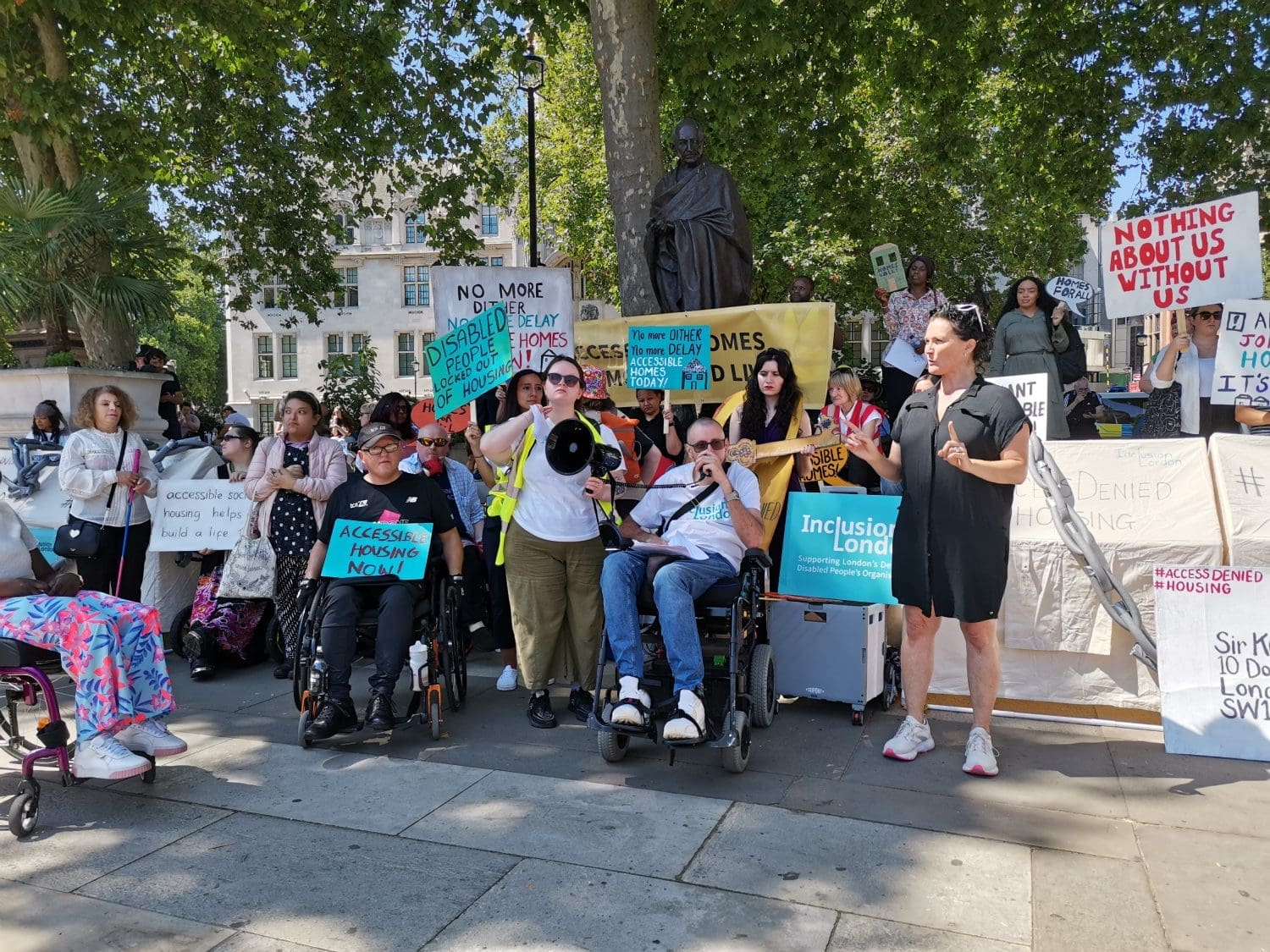
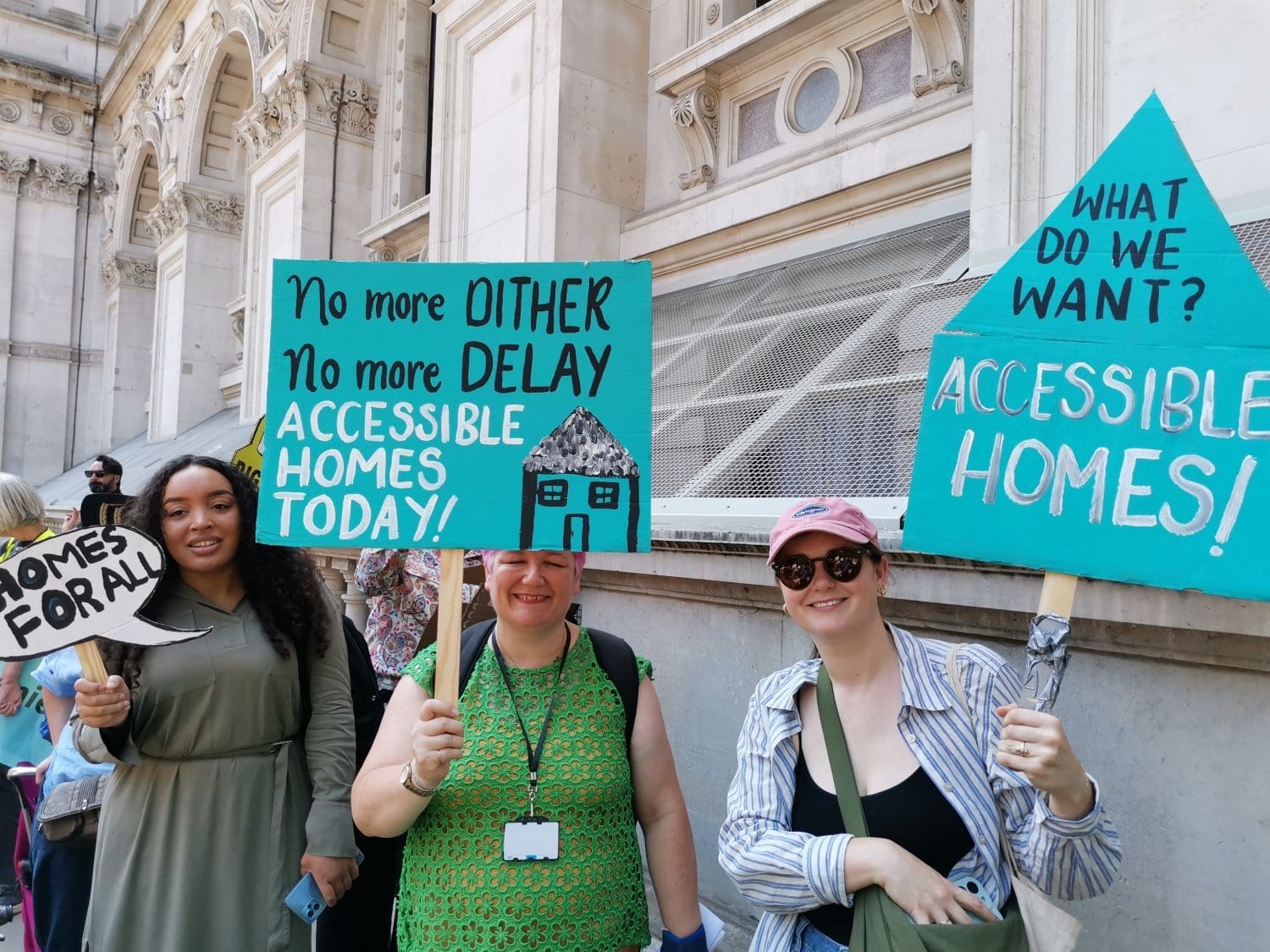

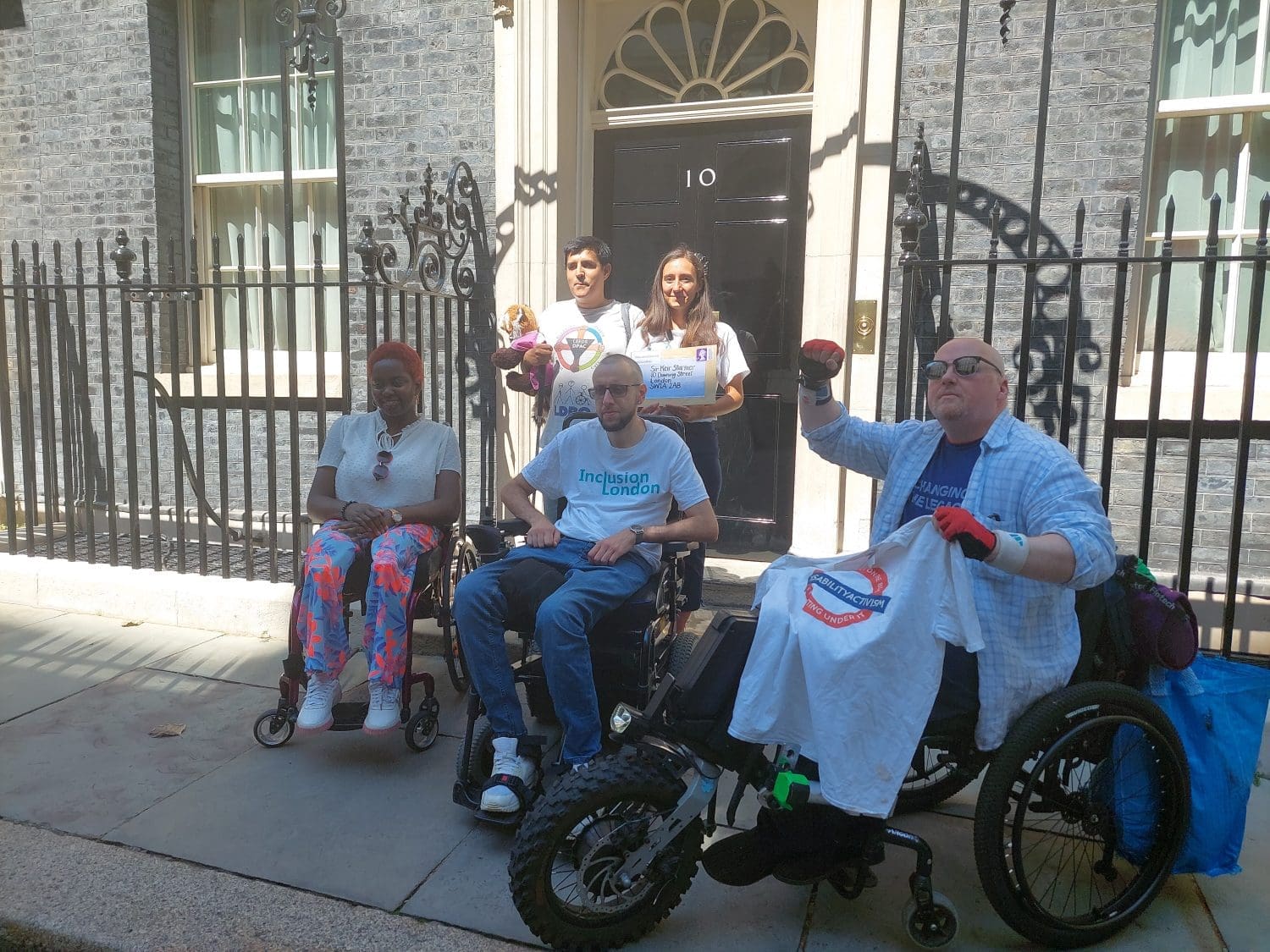
 The Economist published a
The Economist published a 





